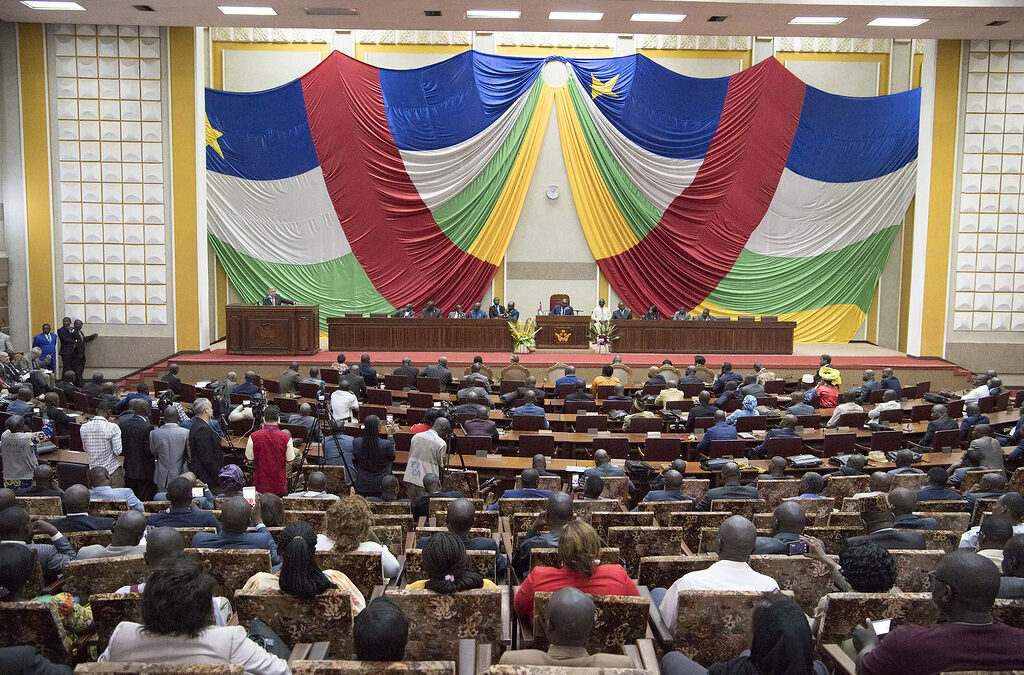Co-authored with Roger Duthie.
Countries emerging from or dealing with violent conflict in which large-scale human rights violations were or are being committed face immense obstacles in attaining sustainable peace and development. These obstacles can include a massive number of victims, widespread grievances, lack of trust, deep social divisions, and weak or illegitimate institutions. Furthermore, victims of human rights violations are often among the most marginalized and excluded members of society. What has been called the “justice gap” is often greatest in conflict-affected countries. In these contexts, addressing the legacies and causes of human rights violations can constitute important contributions to the Sustainable Development Goals (SDGs) of the 2030 Agenda on Sustainable Development. As articulated by the Working Group on Transitional Justice and SDG16+, an initiative convened by the International Center for Transitional Justice, transitional justice can advance a range of SDG targets.

